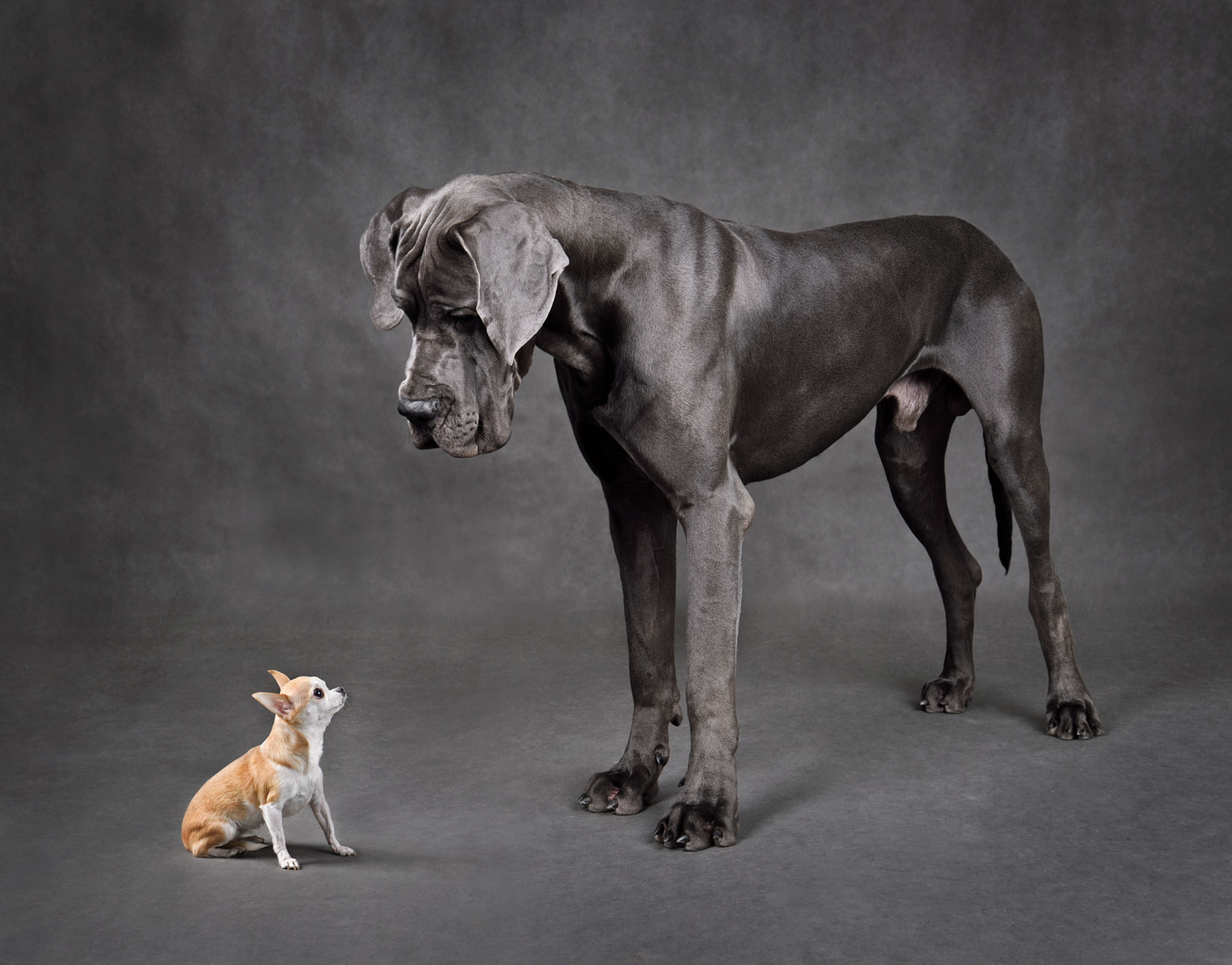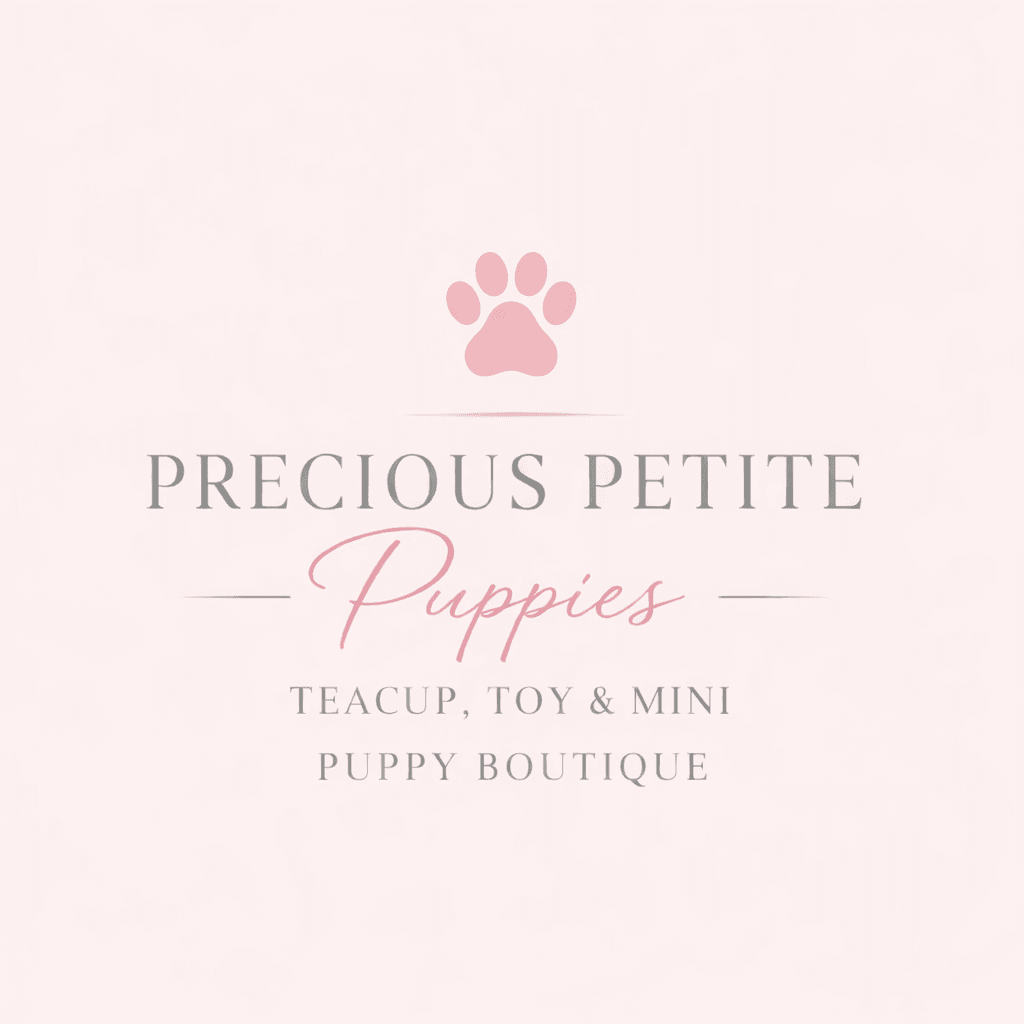Comparing Breeds: Which Puppy is Right for You?
PP
Understanding Your Lifestyle and Needs
Choosing the right puppy starts with understanding your lifestyle and what you need in a pet. Puppies come in all shapes and sizes, each with unique characteristics that may or may not fit your living situation. Consider factors such as your living environment, activity level, and the amount of time you can dedicate to training and exercise. Active individuals might prefer a high-energy breed, while those with a more laid-back lifestyle might enjoy a calmer companion.
It's also important to think about the long-term commitment of owning a dog. Puppies grow into adult dogs, and their care needs will evolve over time. Researching different breeds' life spans, health issues, and potential behavioral traits can help avoid surprises down the road.

Size Matters: Small vs. Large Breeds
The size of the breed you choose should align with your living space and personal preferences. Small breeds, such as Chihuahuas or Pomeranians, are often well-suited for apartment living due to their compact size and lower exercise requirements. They are also easier to transport, making them great companions for those who travel frequently.
On the other hand, larger breeds like Labradors or German Shepherds may require more space to roam and play. These dogs often need more exercise and training to keep them happy and healthy. However, they can be excellent family pets, offering protection and companionship.

Grooming and Maintenance
Another crucial aspect to consider is the grooming and maintenance needs of different breeds. Some dogs require regular grooming to maintain their coat and prevent matting, while others have low-maintenance grooming needs. Breeds like Poodles or Shih Tzus may need frequent trips to the groomer, while Beagles or Boxers often require just basic grooming.
Temperament and Compatibility
The temperament of a breed plays a significant role in determining whether a puppy is right for you. Some breeds are known for being friendly and outgoing, while others may be more reserved or independent. If you have young children or other pets at home, it's essential to choose a breed known for being good with kids and other animals.

Breeds like Golden Retrievers or Cavalier King Charles Spaniels are often praised for their gentle nature and compatibility with families. Meanwhile, breeds like the Dachshund or Jack Russell Terrier may be better suited for experienced dog owners due to their strong personalities.
Health Considerations
Each breed comes with its own set of potential health concerns that should be considered before making a decision. Understanding these health issues can help you prepare for future veterinary care needs. For instance, Bulldogs are prone to respiratory problems, while larger breeds like Great Danes may suffer from joint issues.
Consulting with a veterinarian can provide valuable insights into the specific health considerations associated with various breeds. This knowledge will aid in making an informed decision that aligns with your ability to manage potential health challenges.
Making the Final Decision
When you've gathered all the necessary information about different breeds, it's time to make a choice. Remember, there's no one-size-fits-all answer when it comes to selecting the perfect puppy. Your decision should be based on a combination of factors including lifestyle compatibility, size preferences, grooming needs, temperament, and health considerations.

Visiting local animal shelters or breed-specific rescues can also provide opportunities to meet potential puppies and get a sense of their personalities before making a commitment. Ultimately, choosing the right puppy is about finding a companion that will bring joy and enrich your life for years to come.
